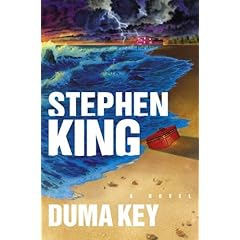 My brother, and by extension, all of our friends and I, have been into zombie stories for a little while now. We all enjoyed World War Z (we're still holding off on our book-club-like discussion until my roommate finishes it), loved Shaun of the Dead, and I have stopped myself from purchasing this zombie action figure set more times than I can count. So when I saw this book, Zombie Haiku
My brother, and by extension, all of our friends and I, have been into zombie stories for a little while now. We all enjoyed World War Z (we're still holding off on our book-club-like discussion until my roommate finishes it), loved Shaun of the Dead, and I have stopped myself from purchasing this zombie action figure set more times than I can count. So when I saw this book, Zombie HaikuThe book is in the form of a man's journal, where he writes haikus about his life. Things start going strangely one day, though, but he keeps writing haikus about his life. When he suddenly finds himself a zombie, what else can he do but continue with the haikus?
My favorite one in the book was (and I'm paraphrasing this):
Brains, brains, brains, brains, brains.
Brains, brains, brains, brains, brains, brains, brains,
Artificial hip.
If you enjoy zombie humor (and really, who doesn't?), give this book a peek.
Huh, apparently zombie haikus are a thing? Look here and here.




